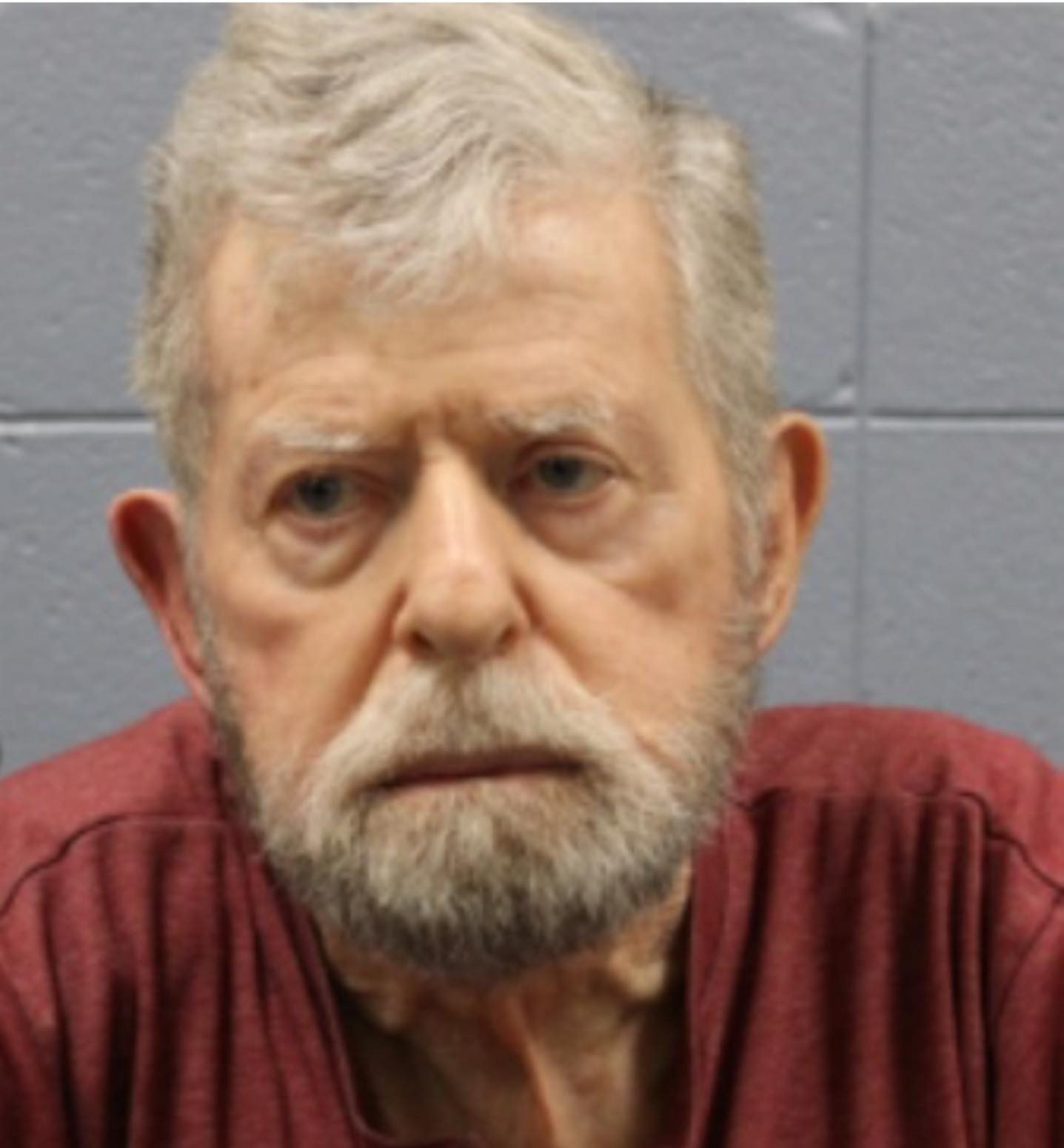OWL’S EYE: Water, water, everywhere
Published 6:23 pm Wednesday, July 29, 2020
You might not have known, but when I was an owlet, I spent a lot of time thinking. After all, I can only say so much, so I guess I substituted a lot of quiet time thinking.
Trending
An old poem, “Rhyme of the Ancient Mariner,” tells of an old sailor who randomly stops three men to tell his story. He recounts to them how he became stranded on a sailing ship, dead in the water because no wind came to move it along. Days passed. His fellow sailors died, because he had shot an albatross, a bird believed to bring good luck.
His mournful refrain as, one by one, his comrade sailors died of thirst in the ocean was, “Water, water, everywhere, And all the boards did shrink; Water, water, everywhere, Nor any drop to drink.”
Is our water adequate?
If you’ve lived in Limestone County long enough, you know adequate fresh water is precious, indeed. Oh, yes, we can all enjoy Wheeler Wildlife National Refuge, where the mighty Tennessee River has been harnessed to create lakes for all water sports. Then the Tennessee and Elk rivers themselves make venues for the grand passage of boats at festival times. Lakes, humanmade and natural, spring-fed fresh water ponds, dot our countryside. They draw the appearances of strange mammals, birds, fish and fishermen, all of which are a special delight to see.
Yet when all is said and done, as a great statement summarized a United Nations conference on agriculture, “All civilization is based on the fact that there are 6 inches of fertile soil, and it rains.”
Who watches out for the safety of our water, and therefore our food, our homes and us? First of all, I hope we all do.
Trending
If you see something unsafe, which might affect our drinking water or plant nourishment, do you know who to call? If you call the Alabama Department of Environmental Management, you would be off to a good start.
Of course, calling the Alabama Department of Public Health might be good, too. Or, then for convenience’s sake, you can call your county commissioner, who might know who to call on your behalf. What this shows is we have all sorts of places to contact, who might have a responsibility for the water concerned. Consider.
All sorts of things can go wrong with our water. There might not be enough of it. For this, refer to Providence to help with rain. If the problem is human-made, you can avail yourselves of any number of officials who watch over our water safety.
Drinking water? If you see some raw sewage dumped in a river or creek, by anyone or any private business, call to report it. Ditto for anywhere else you see sewage, or oil or gasoline, randomly thrown away. Ground water, which fills our wells, doesn’t need your neighbor’s sticky, poisonous liquids poured on top of it.
Once, somebody wondered what a bundle of wood was doing being dumped in a creek. It turned out to be loaded with bacteria. Private citizens and especially companies have strict laws on disposal of sewage, debris and other discards. These aren’t there to confound them with paperwork and red tape.
Poisons placed in our water go somewhere that will poison us all. So, keep the poisons out. The many government people protecting our water environment are there because they don’t want us catching waterborne diseases. Sewage can be treated or become a killer. We’ve almost forgotten about these dread plagues of years gone by, because our water here is so healthy for the most part. Our country has the Centers for Disease Control and Prevention, which has a water surveillance office called the Waterborne Disease and Outbreak Surveillance System.
To keep our water healthy, and us along with it, is one reason why the Environmental Protection Agency was created. If your company is not obeying the law and dumping untreated sewage, poison, gasoline or anything not properly treated, report it. For all our sakes. Water is too precious, because we are all too precious.
— John William Davis is a retired U.S. Army counterintelligence officer, civil servant and linguist. He was commissioned from Washington University in St. Louis in 1975. He entered counterintelligence and served some 37 years. A linguist, Davis learned foreign languages in each country in which he served. His published works include “Rainy Street Stories: Reflections on Secret Wars, Terrorism and Espionage” and “Around the Corner: Reflections on American Wars, Violence, Terrorism and Hope.”





